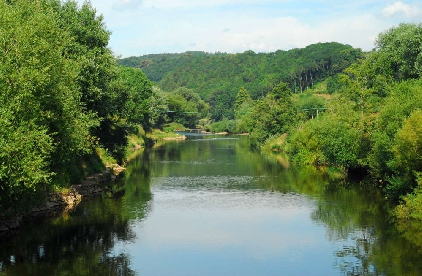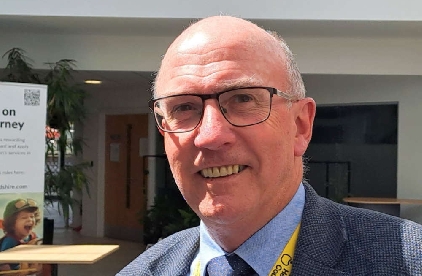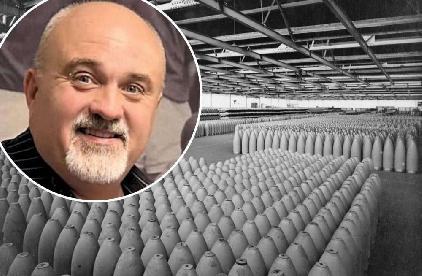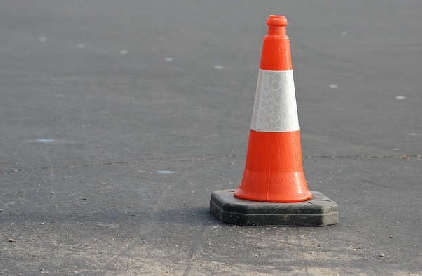
A new Government policy could unblock stalled plans to build over two thousand homes in Herefordshire. But the news has been greeted with alarm by some.
Ministers announced earlier this week a plan to “do away with the red tape of legacy EU laws on nutrient neutrality” through an amendment to the Levelling Up and Regeneration Bill.
Since 2019, one effect of these laws has been to prevent any new houses that would lead to extra nutrients entering the protected river Lugg, which flows into the Wye.
A Herefordshire Council scheme to allow these to be offset through developers buying “phosphate credits” has however recently begun to enable some to go ahead.
North Herefordshire MP Sir Bill Wiggin called the Government’s latest move “great news for Herefordshire”, adding: “By removing these rules, the amendment strikes the right balance between granting autonomy to people at the local level and ensuring that we protect our rivers.”
But Richard Tyler of the Save the Wye campaign said the group was “incensed that the Government is removing this legal protection for our rivers”.
“Despite all their protestations about being green, ministers have shown their true colours through this disgraceful act,” he said.
A local planning expert, speaking anonymously, said the change “sounds seismic, as even if local authorities think a development will give rise to harm, they are now being told to ignore that”.
“But it could take till next year to gain assent, then there may be legal challenges,” they said.
Developers in Herefordshire might meanwhile question whether they should be paying into the phosphate credit scheme, and whether previous such payments could be clawed back, they suggested.
A Herefordshire Council spokesperson said it was “seeking clarity” from the Government on whether homebuilders would still need to buy credits.
Meanwhile it “will continue to press for the highest levels of protection for our rivers and countryside”, the spokesperson said.
Herefordshire Wildlife Trust chief executive Jamie Audsley said: “If you remove protections, damage will be done. But the main cause of water pollution in the Wye catchment remains intensive agriculture.”
During a visit of environment secretary Thérèse Coffey to Hereford in May to attend a “round table” on the Wye issue, “We were told the government would have a plan for the river by autumn, but we haven’t seen anything yet,” he added.
“She is welcome back any time to tell us.”


 Hereford bypass construction ‘on track’
Hereford bypass construction ‘on track’
 Fury at failure to prepare for defence investment
Fury at failure to prepare for defence investment
 Appeal following collision between car and pedestrian in Herefordshire
Appeal following collision between car and pedestrian in Herefordshire
 Revealed: The main roads in Herefordshire prioritised for repairs
Revealed: The main roads in Herefordshire prioritised for repairs
 Appeal to find missing Monmouthshire man
Appeal to find missing Monmouthshire man
 Man arrested in connection with stabbing incident
Man arrested in connection with stabbing incident
 New Food and Drink group launched at online event
New Food and Drink group launched at online event
